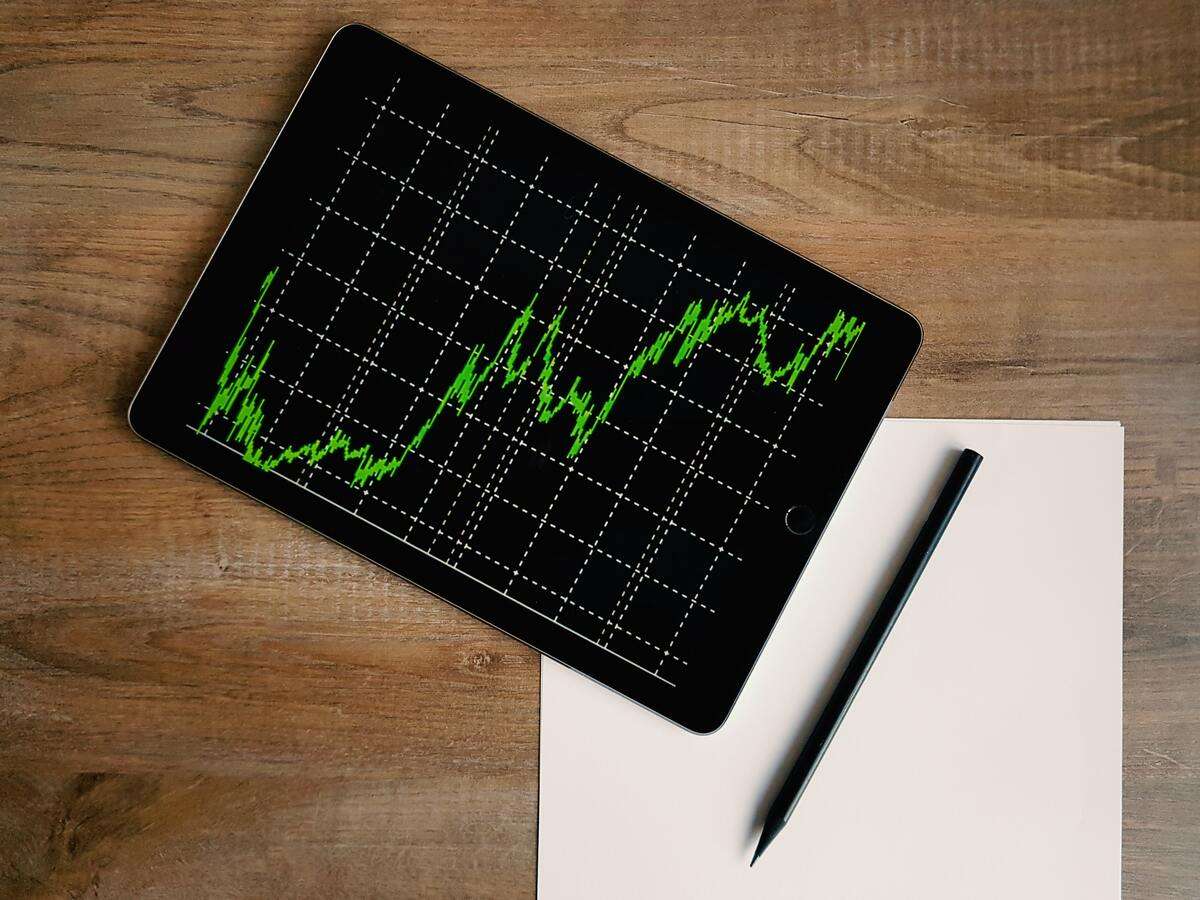A share is a fraction/unit of a company’s overall capital that allows the holder to have a percentage in a company or the financial asset the unit is pulled from. Acquiring shares is one of the legitimate ways you can use to increase income, if bought from a company with a secure financial record then, you can be assured that you will attain financial stability in the long haul. In this article, you will discover 5 ways to purchase shares in Nigeria with less/zero stress.
Table of Contents
How do shares work and how are they issued?
- A is a financial instrument which companies use to raise capital. At first, they are issued as stocks, then further divided into shares, and sold to investors. Investors who buy shares are generally brokers and investment banks, from which later sell to other individual investors.
- Shares are usually issued after authorisation by a company’s board of directors and are listed through an initial public offering(IPO), a process in which investors can now proceed to purchase the shares.
- The issuance and distribution of shares in Nigeria’s private and public markets is regulated by the Securities and Exchange Commission of Nigeria and other authorized financial regulatory bodies.
Types of Shares sold in Nigeria
Before you purchase shares in Nigeria, you must understand the risks and privileges associated with each class of shares. Listed below are the types of shares that can be purchased in Nigeria
- Ordinary shares: Ordinary shares are a type of shares in which the shareholder is not given special rights, privileges and obligations. Here the shareholder will have to bear solely the risk associated with liabilities.
- Preference shares: In this class of share, the holder is entitled to yearly fixed dividends and is given certain rights that are not provided for ordinary shareholders
- Deferred shares: A deferred shareholder is also given dividends but only after the shareholder from other classes has been given minimum dividends by the company
- Cumulative shares: This type of share provides the shareholder with the privilege of getting full payment on dividends. If dividends are not paid in full or are missed, they can accumulate and will be paid when the company’s financial reserve is sufficient.
- Redeemable shares: Redeemable shares are a kind of share that allows the shareholder to sell the share back to the company if he chooses to, also the company can buy them back at a future date convenient to them.
How to Purchase Shares in Nigeria
Here is how to purchase shares in Nigeria.
Register with an investment broker or bank
Remember, shares are first sold by companies directly to two categories of investors(the investment brokers and banks), who further sell to individual investors. This implies that the first step to purchase shares in Nigeria is by registering with an authorised investor.
Choosing a reputable broker who is a member of the NSE(Nigerian Stock Exchange) and is registered with the Nigerian SEC will offer your shares ownership credibility. Also, you should consider the broker services including fees and finance advice. Does the service offered align with your investment requirements and goals? It is your broker that will purchase and sell shares on your behalf, hence they need to ensure they are credible and dedicated.
If you have found the right broker that suits your financial needs, you should register an account with the brokerage. This will be the beginning of your investor journey also you will need an account to sell and purchase shares in Nigeria. Your broker will guide you appropriately on the registration process, however, you will have to provide some basic documents like a valid government-issued means of identification, passport photographs, a recent copy of your last paid utility bill etc. to get started.
Research on the type of shares offered by different companies
The secret to attaining your aim for financial security via share purchase is buying shares whose rights and privileges resonate with your investment goals.
Different companies issue several types of shares you can choose from but you should research on the finance-worthiness of a company before purchasing shares from them.
You can also consider buying an ETF(exchange-traded funds) instead of individual shares as they help to minimize the risk associated with buying shares from one company.
*An ETF is a box of shares that belong to different companies in several industries. ETF is a great way of diversifying investments.
Fund your trading account
At this stage of successfully registering an account and one that is also approved, you can fund the account with the capital you need to buy shares.
The standard deposit options range from direct bank transfers to credit/debit card payments and other payment options.
Decide on the number of shares you want to buy
You can choose to buy one or several shares on the first try. But usually, buying a small portion of the share will help you understand and handle better the risk of share investment. Remember, you are a beginner.
Purchase the shares
To purchase shares in Nigeria, you will have to place an order. This could be market, limit, All or nothing, a good for the day or a good till cancelled order. Understanding how each order works before placing one will help you get the most out of your shares investment decision.
Final Thoughts
According to a CFD(Contract For Difference) report, the Nigerian stock market share has increased by about 32.96% since the onset of 2023. This concludes that there is no better time to purchase shares in Nigeria than now. Shares have higher equity returns than most fixed-income assets and instruments, there is also the right to ownership of a percentage of a company’s earnings and dividends which is an effective way of increasing capital as a shareholder.

